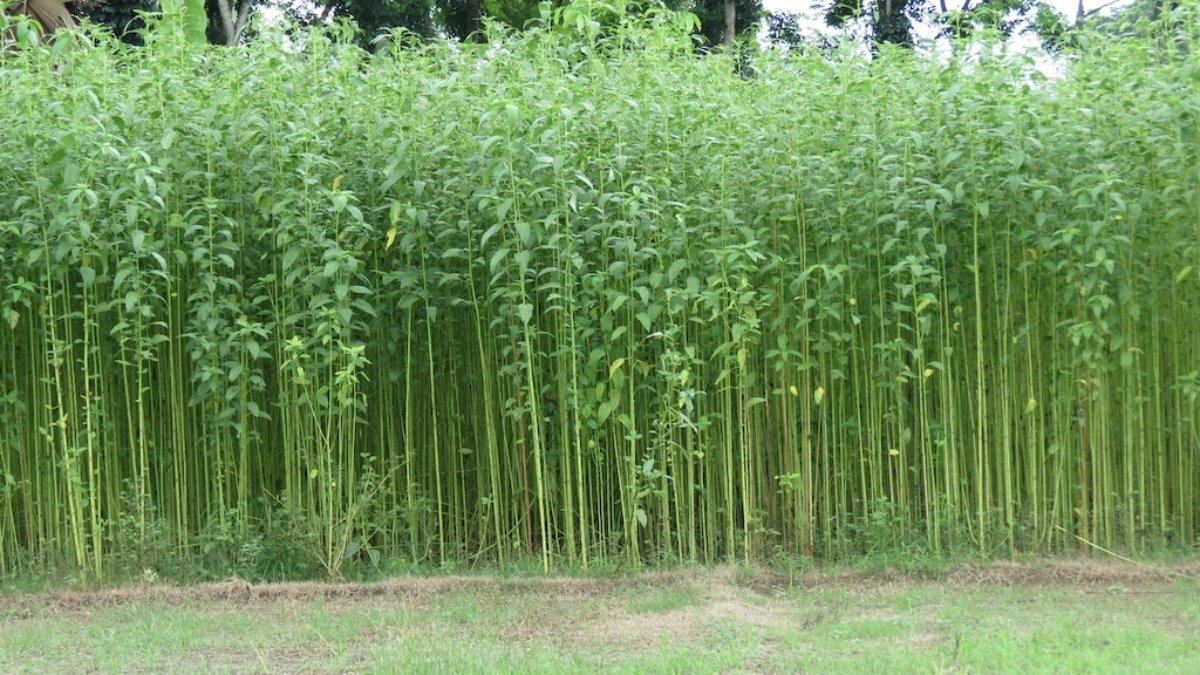
The plastics problem is a worldwide phenomenon that is having disastrous effects on our environment and its inhabitants. Recent research has suggested that around 60% of all plastic waste that enters our oceans comes from five areas within the global south: China, Indonesia, the Philippines, Thailand and Vietnam. – https://www.ecowatch.com/these-5-countries-account-for-60-of-plastic-pollution-in-oceans-1882107531.html
Speaking from personal experience with some of these countries from my world travels, plastics can be found in wooded areas, in water systems such as rivers and streams, in gardens and even lining the streets. It is clear that this is a problem when they start making their way into the oceans, breaking down into micro-plastic particles, and effecting the ecosystem on every level of the food chain. Plastics in countries that don’t have an organised and maintained recycling system can quickly become a large problem. Reports of the ‘River of Plastic’ in the Himalayas https://www.newsflare.com/video/224300/weather-nature/river-of-plastic-in-himalayas-sparks-outrage-in-india and similar plastic wastes in enormous proportions are raising awareness to surrounding nations.
One country in the global south may have come up with a radical solution that could drastically change the impact these countries are having on the pollution problem. Bangladesh has created a new and unusual substance known as ‘Sonali’. It is made from the fibres of Jute, a vegetable fibre that is long and coarse and can be moulded into materials as strong as plastic. The cellulose sheets are biodegradable and can be used in place of single-use plastics for both food wrapping and carrier bags. – https://www.fresherslive.com/current-affairs/articles/plastic-like-jute-material-developed-in-bangladesh–20846
This may not be the fix for the entire plastics problem, but it is definitely the first step towards reducing the number of plastic bags that end up in our ocean each year and preventing the impact that Global south countries are having in this area. If the Sonali were able to become widespread and distributed across several countries or continents, it could drastically impact the micro-plastics ending up in our food chain.